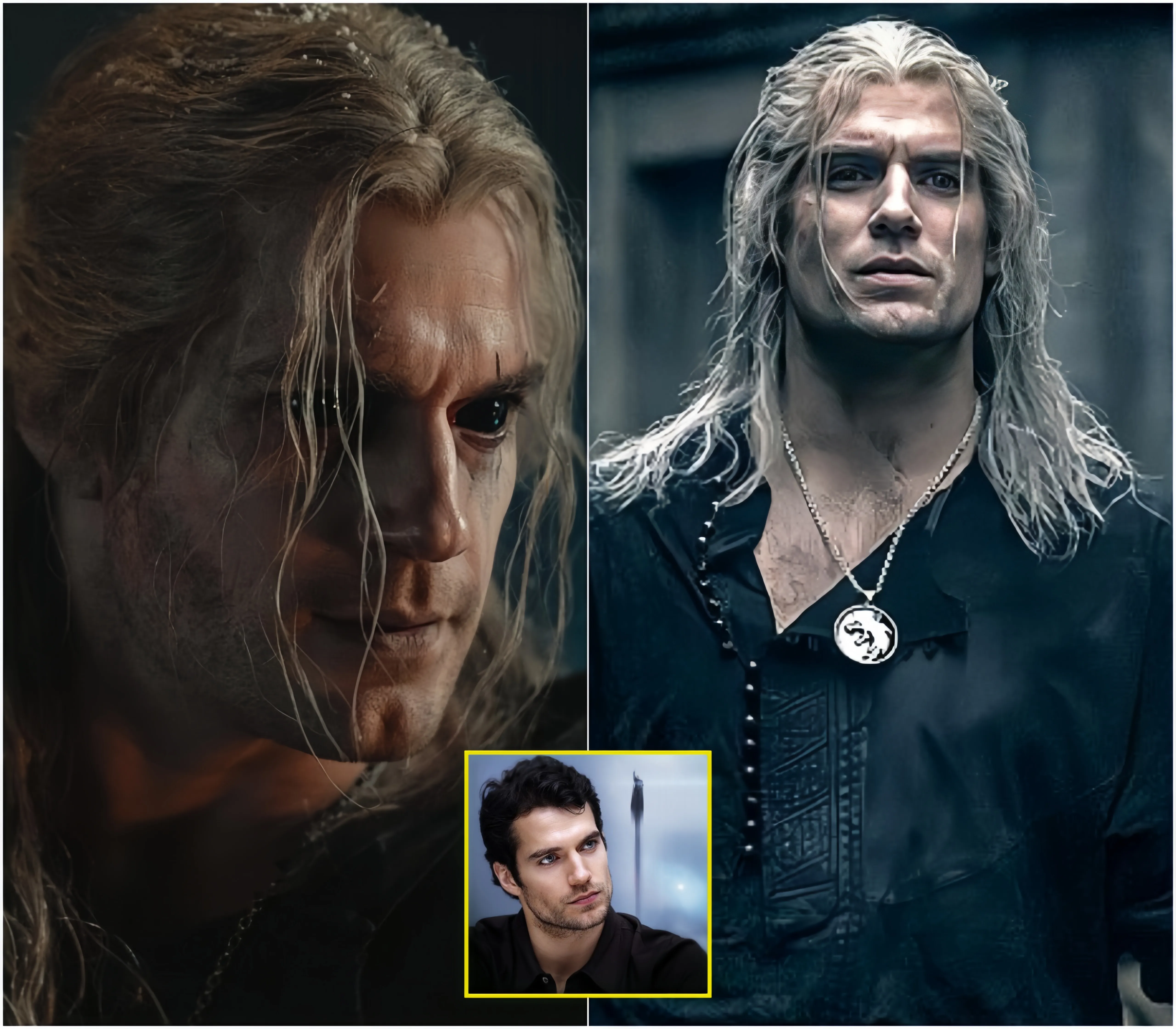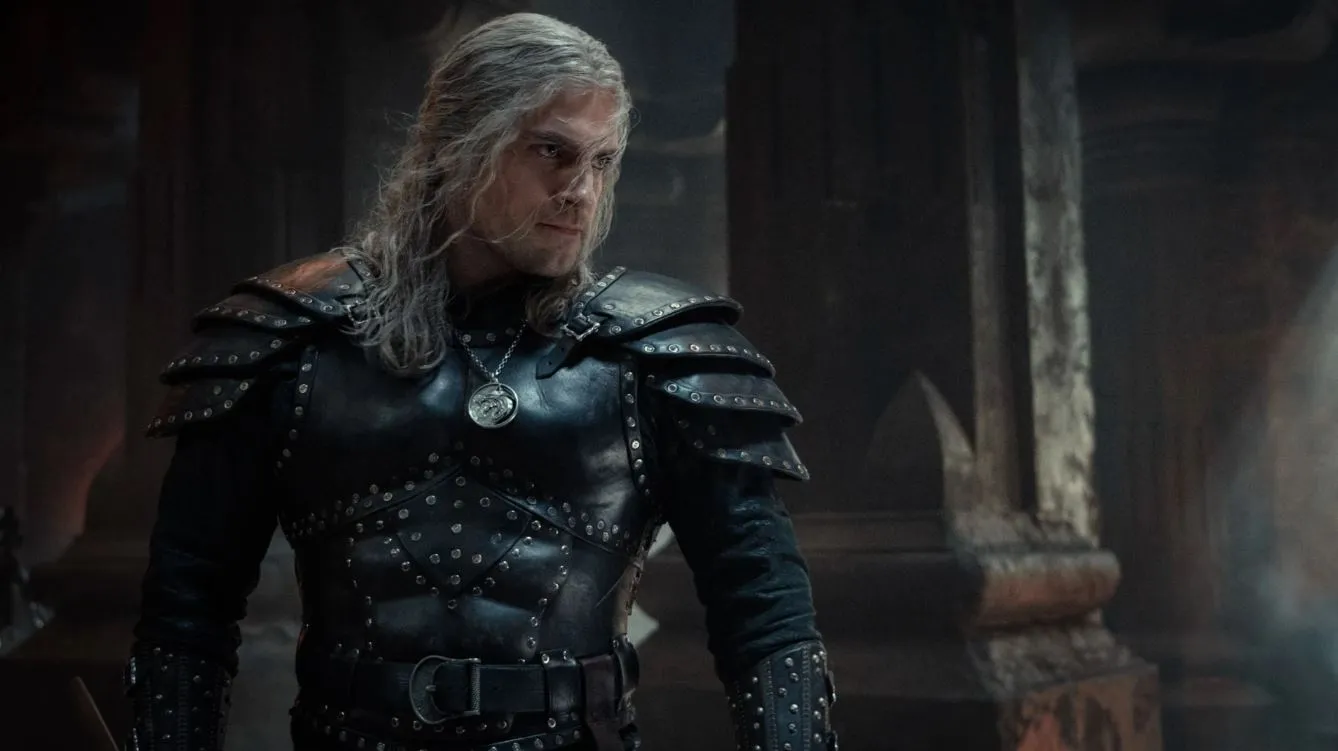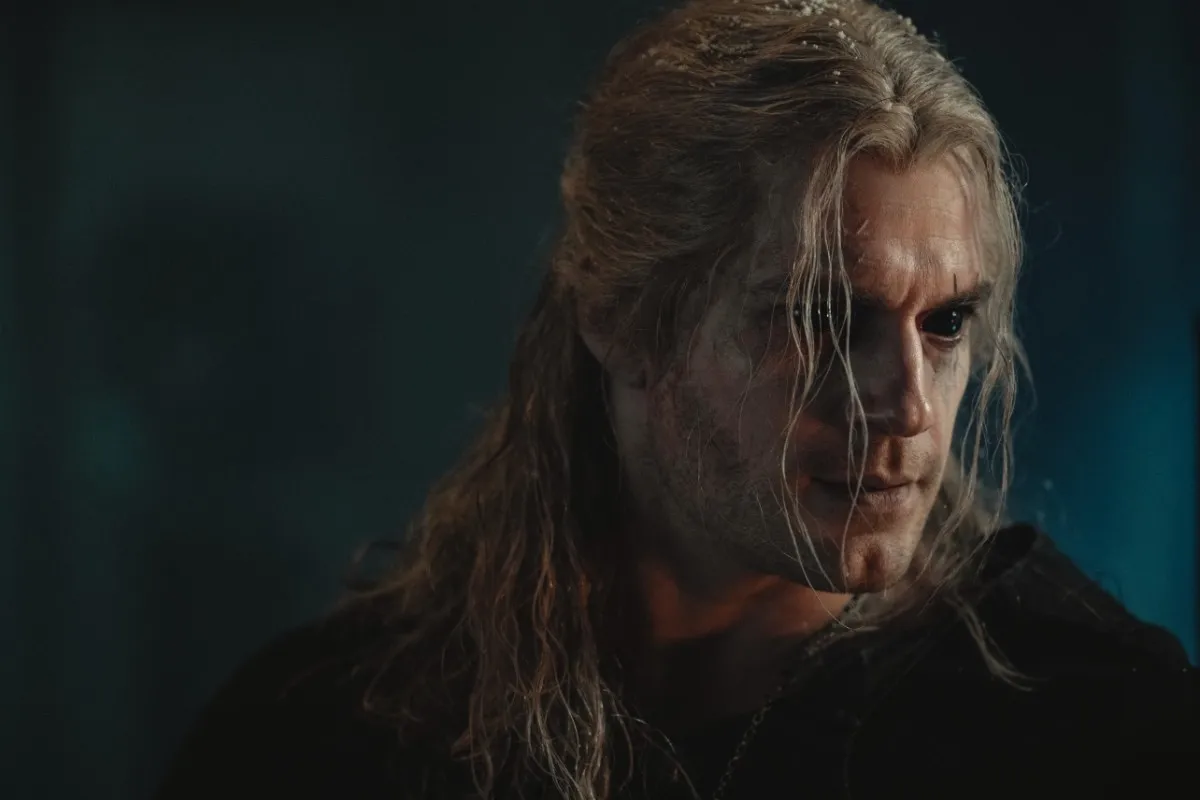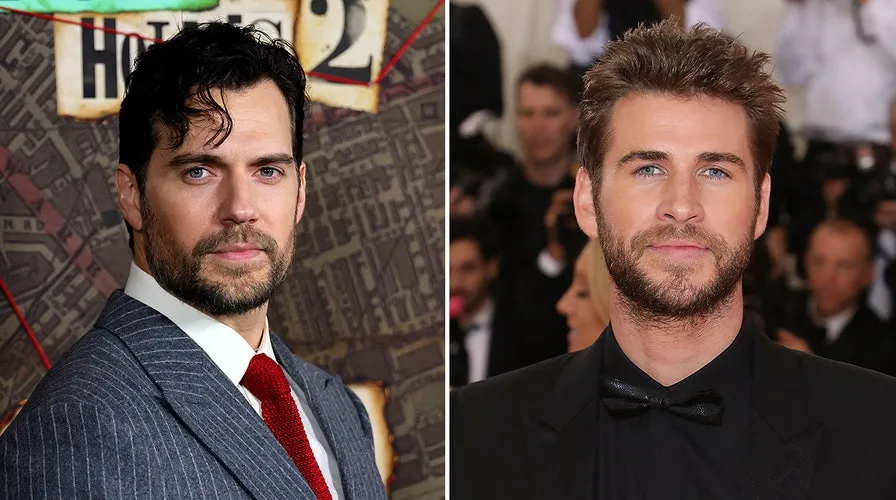In 2022, Henry Cavill stunned fans of *The Witcher* by announcing his departure from the Netflix series after three seasons, a decision that left many viewers disappointed and curious about the reasons behind it. Cavill, known for his passionate commitment to the role of Geralt of Rivia, made it clear that his exit was not merely a career move but was largely driven by creative differences with the show’s writing team. This conflict centered around the show’s increasing divergence from Andrzej Sapkowski’s original novels, which Cavill had a deep appreciation for and believed should guide his portrayal of Geralt.

Cavill’s performance as Geralt earned widespread acclaim from fans and critics alike. His commitment to faithfully representing Sapkowski’s creation, combined with his extensive knowledge of the *Witcher* world from both the novels and games, led him to develop a unique and authentic version of the character. Even Andrzej Sapkowski, the author of *The Witcher* series, praised Cavill’s portrayal, likening him to Viggo Mortensen’s iconic role as Aragorn in *The Lord of the Rings* films. This dedication made Cavill a favorite among *Witcher* fans, so his decision to leave left many confused and disheartened. As speculation grew, some wondered if Cavill’s departure was due to other professional commitments, such as his return as Superman in *Man of Steel 2* or his role in Guy Ritchie’s *The Ministry of Ungentlemanly Warfare*. However, recent reports have confirmed that the real issue lay in his dissatisfaction with how the series was evolving under Netflix’s direction.
According to reports from *Redanian Intelligence*, Cavill had been contemplating his exit as early as the end of Season 2, as creative tensions over the portrayal of Geralt and the show’s script increased. In several interviews promoting Season 2, Cavill expressed frustration, highlighting the challenge of balancing his vision for Geralt with the production team’s creative approach. “For me, the most challenging part was balancing the showrunners’ creative vision with my own love for the source material while trying to portray Geralt as they wanted,” Cavill admitted. He emphasized the difficulty of preserving Geralt’s character as he appears in the books while also meeting the demands of the show’s adaptation, saying, “This series is the showrunners’ story, but it’s also an adaptation. I found it challenging to bring the character from the books into the show’s creativity, trying my best to serve both sides.”
This discontent wasn’t merely over dialogue or superficial elements; Cavill advocated for a Geralt truer to Sapkowski’s novels, aiming to maintain the character’s depth and complexity. He shared that he wanted to see Geralt express more than just physical prowess and stoic silence, desiring a portrayal that reflected the philosophical and introspective side of the character. “I didn’t just want Geralt to speak more; I wanted to bring out the true Geralt, one who aligns with the novels. Everything I asked for was in line with the source material,” Cavill explained.

The increasing creative divergences of the show became a subject of debate among fans, especially with the second season’s departure from Sapkowski’s novels. Many fans criticized Season 2 for straying too far from the essence of the *Witcher* world, particularly with creative choices around beloved characters like Eskel and Vesemir, who were portrayed in ways that many viewers found unrecognizable. This shift raised concerns for Cavill, who, as a devoted *Witcher* fan himself, felt it important that the series respect the original work.
The divide between Cavill and the writing team was reportedly widened by revelations from former *Witcher* writer and producer Beau DeMayo, who shared that some members of the writing team not only didn’t appreciate Sapkowski’s novels but even mocked them. DeMayo’s comments, combined with the creative liberties taken in Season 2, fueled rumors that Cavill’s growing dissatisfaction was due to his frustration over the showrunners’ disregard for the source material he held so dearly. For Cavill, this irreverence might have been the final straw, contributing significantly to his decision to leave the show.

For fans, Cavill’s departure feels like the end of an era. His embodiment of Geralt—knowledgeable, skilled, and deeply connected to the character’s origins—brought the monster hunter to life in a way that resonated profoundly with audiences. Many fans now wonder if the series will lose its sense of authenticity with Cavill’s absence and if the new Geralt, to be portrayed by Liam Hemsworth, can capture the same commitment to Sapkowski’s world. Hemsworth has expressed enthusiasm for the role, promising to respect the character and the rich history behind it. However, fans remain cautious, uncertain if Hemsworth will be able to fill the void Cavill leaves behind.

As *The Witcher* moves into its fourth season, the casting change highlights a deeper question of fidelity in adaptations: Can a series maintain the heart of its source material while evolving creatively? For Cavill, the answer was clear—sticking to the essence of the original novels was not only preferable but necessary. His departure underscores his commitment to artistic integrity and his loyalty to the franchise’s origins, leaving a lasting impact on fans and setting high expectations for the show’s future. Whether Hemsworth’s Geralt will meet those expectations remains to be seen, but Cavill’s portrayal will undoubtedly be remembered as a passionate tribute to Sapkowski’s beloved creation.